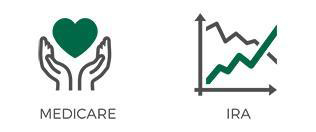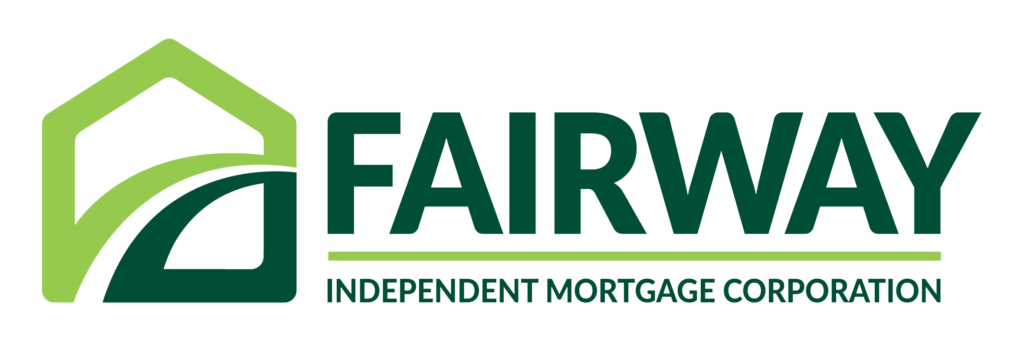The Top Three Tax Benefits Of Reverse Mortgage Loans*

A reverse mortgage loan converts your home equity into cash, and for Many people, it’s a life-changing influx of money. So you May find it surprising that there are Many tax benefits to these loans* — and here are the top three.
And, if you’re curious what you may qualify for, you can use our free reverse mortgage calculator!
Reverse Mortgage Loan Proceeds Are Tax Free Money*
No matter how big, and no matter what you intend to use it for, every dollar of your payout is 100% tax-free. And there are many different ways you could choose to receive a payout, such as a line of credit, lump sum, monthly advance, or combination. Regardless of the type of payout you choose, that money is still tax-free. It may sound too good to be true, but these payouts are considered loans, not income, which makes them off-limits to the IRS.
Reverse Mortgage Loan Payouts Are Loans, Not Income, Which Makes Them Off-Limits To The IRS.
Strategic Deferment of Taxable Retirement Income
If you are on Social Security, and you are also drawing cash from other sources that qualify as income, you could be looking at paying federal taxes on up to 85% of the total amount. And if you are in one of the 13 states that tax social security, it could make tax matters even worse for you. But a qualified tax professional could help you leverage a reverse mortgage loan to pay the lowest amount of taxes possible in your golden years.
2 Tax-Advantageous Ideas

Idea 1
If you’re in the Medicare gap, a lower taxable income might get you lower insurance premiums through the ACA or even enable you to qualify for Medicaid.
Idea 2
Non-taxable reverse mortgage cash could enable you to only take out money from your IRA in the lowest tax bracket percentage.
Pay The Least Amount Of Taxes Possible By Lowering Your Total Income—All While Having Plenty Of Cash On Hand.
Protecting Your Legacy for Heirs*
Many people look forward to having a fully paid off home so they do not have to make monthly mortgage payments, and they have wealth in the form of home equity to bequeath to heirs. With a reverse mortgage, you also avoid monthly mortgage payments, but the cash provided by the loan may be a far more effective tool to transfer wealth than home equity.
In order to reap the financial benefits of an inherited home, your heirs would have to sell the home. That means they lose a significant portion of your hard-earned dollars to real estate agent fees, capital gains taxes, and potentially probate fees as well. But there are a number of financial vehicles for transferring wealth that are much more tax effective than real estate. They are simply not common knowledge because they are typically only used by people with an uncommonly large amount of wealth and excess cash.
A skilled financial advisor could help you create an estate plan that applies your reverse mortgage loan proceeds to these financial vehicles. This could minimize the amount of money that the government takes from your legacy. And rather than a traditional inheritance that’s only given after you’re gone, you may be able to give these types of gifts while you have plenty of time to offer wisdom and guidance for their best uses.
If you’re interested in learning more about the tax benefits of a reverse mortgage, reach out today.
* This article does not constitute tax or financial advice. Please consult a tax and/or financial advisor regarding your specific situation.

